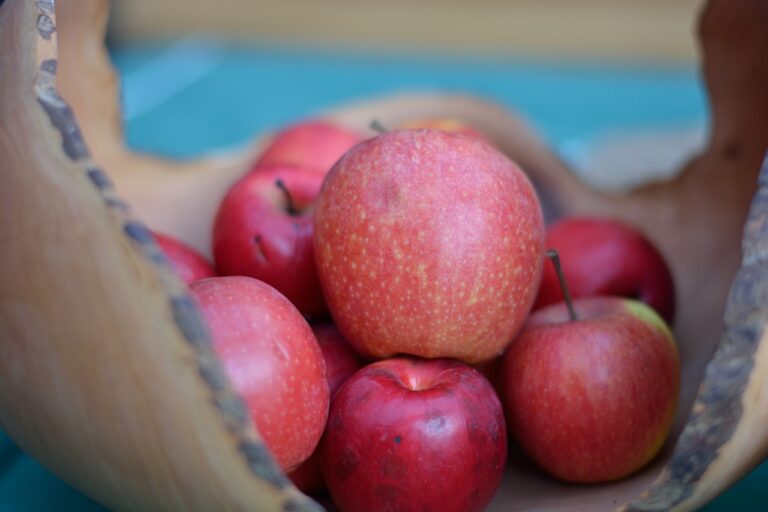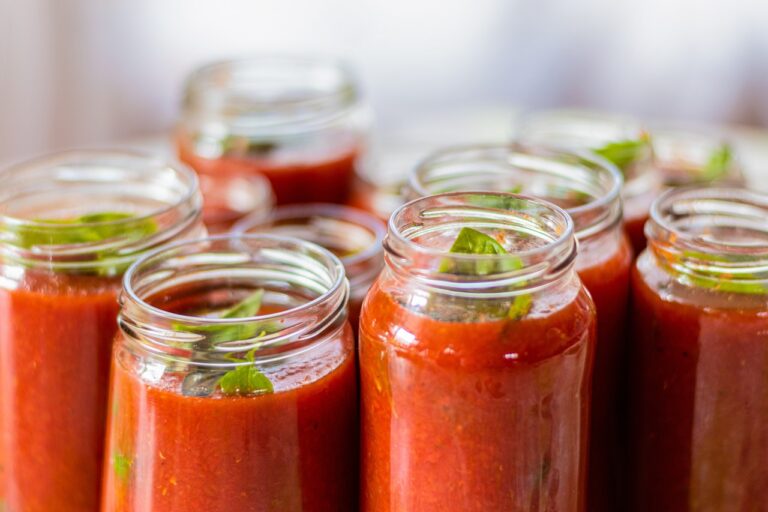Honey Production and Land Management: 11xplay online id, India24bet login, Skyinplay
11xplay online id, india24bet login, skyinplay: Honey Production and Land Management
Have you ever stopped to think about where that sweet jar of honey in your cupboard comes from? Sure, we all know that bees play a crucial role in the production of honey, but have you considered the impact of land management on honey production? In this article, we’ll explore the fascinating relationship between honey production and land management, and how the two are intrinsically connected.
The Importance of Bees
Before we dive into the connection between honey production and land management, let’s take a moment to appreciate the incredible work of bees. Bees are not only essential for the pollination of plants, but they also play a vital role in producing honey. Bees collect nectar from flowers, which they then store in their hives and convert into honey through a process of regurgitation and evaporation. This process requires a significant amount of energy and resources from the bees, making them highly dependent on the environment in which they live.
Land Management and Bee Habitats
Land management practices have a direct impact on the habitats of bees and, consequently, on honey production. Bees rely on a diverse range of plants for nectar and pollen, so the diversity and abundance of plant species in an area are crucial for bee populations. Practices such as deforestation, monoculture farming, and the use of pesticides can all have a negative impact on bee habitats, making it harder for bees to find the food they need to produce honey.
Sustainable Agriculture
One way to support honey production and bee populations is through sustainable agriculture. Sustainable agriculture focuses on practices that maintain the health of the land, promote biodiversity, and minimize the use of harmful chemicals. By planting a variety of flowering plants, reducing pesticide use, and creating bee-friendly habitats, farmers can support bee populations and ensure a steady supply of honey.
Urban Beekeeping
In recent years, urban beekeeping has become increasingly popular as a way to support bee populations and increase honey production. Keeping beehives in urban areas not only provides bees with a diverse range of plants to forage from but also raises awareness about the importance of bees in our ecosystems. Cities around the world are embracing urban beekeeping as a way to promote sustainability and support local honey production.
The Role of Government Policies
Government policies also play a significant role in land management and honey production. Regulations on land use, pesticide use, and conservation efforts all impact bee habitats and, by extension, honey production. By enacting policies that support sustainable agriculture, protect natural habitats, and promote bee-friendly practices, governments can help ensure a healthy environment for bees and a thriving honey industry.
Conclusion
The relationship between honey production and land management is a complex and multifaceted one. By understanding the importance of bees in the production of honey and the impact of land management practices on bee habitats, we can work towards creating a more sustainable and bee-friendly environment. Whether through sustainable agriculture, urban beekeeping, or government policies, there are plenty of ways we can support honey production and bee populations for generations to come.
FAQs
1. How can I support bee populations in my area?
You can support bee populations by planting a variety of flowering plants, reducing pesticide use, and creating bee-friendly habitats in your garden or community.
2. Are all types of honey produced in the same way?
No, the production of honey can vary depending on the species of bee, the plants available for foraging, and the environment in which the bees live.
3. What impact does climate change have on honey production?
Climate change can affect bee habitats, plant diversity, and the availability of nectar and pollen, all of which can impact honey production.
4. How can I make sure the honey I buy is ethically sourced?
Look for honey that is labeled as organic, locally produced, or from beekeepers who practice sustainable and bee-friendly methods of production.







